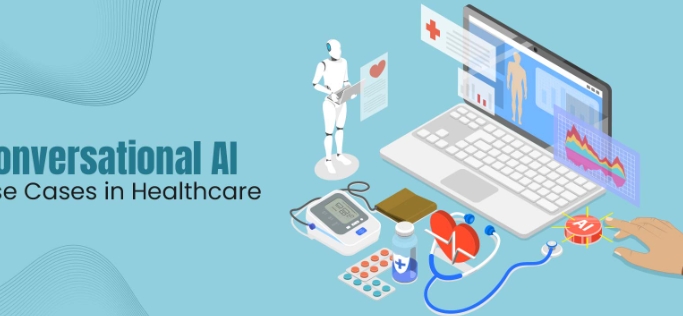Revolutionizing Healthcare: The Rise of Conversational AI Technology
In recent years, the healthcare industry has seen a significant shift towards incorporating artificial intelligence (AI) technology to streamline processes and improve patient outcomes. One of the key advancements in this field is the rise of conversational AI technology, which is changing the way healthcare professionals interact with patients and manage their care.
Enhancing Patient Engagement
Conversational AI technology allows healthcare providers to engage with patients in a more personalized and efficient manner. Through chatbots and virtual assistants, patients can easily access information about their health, schedule appointments, and receive reminders for medication or follow-up visits. This not only improves patient satisfaction but also enhances their overall experience with the healthcare system.
Improving Administrative Efficiency
By automating routine administrative tasks, conversational AI technology helps healthcare providers save time and resources. Virtual assistants can handle appointment scheduling, patient registration, and insurance verification, allowing healthcare professionals to focus on more critical aspects of patient care. This streamlines operations and reduces the burden on staff, leading to improved overall efficiency.
Empowering Patients with Self-Service Options
Conversational AI technology empowers patients to take a more active role in managing their health. With access to virtual assistants, patients can track their symptoms, receive personalized health advice, and access resources for managing chronic conditions. This self-service approach not only fosters patient autonomy but also helps prevent unnecessary clinic visits and hospitalizations.
Enhancing Clinical Decision-Making
Conversational AI technology can also assist healthcare providers in making more informed clinical decisions. By analyzing patient data and medical records, virtual assistants can provide real-time insights and recommendations to aid in diagnosis and treatment planning. This not only enhances the quality of care but also reduces the risk of medical errors.
Promoting Continuity of Care
Through conversational AI technology, healthcare providers can ensure seamless communication and coordination of care across various settings. Virtual assistants can facilitate information sharing between different healthcare professionals, track patient progress, and provide timely updates to all stakeholders involved in the patient’s care. This promotes continuity of care and helps prevent gaps in treatment.
The Future of Healthcare
As conversational AI technology continues to evolve, the possibilities for revolutionizing healthcare are endless. By leveraging the power of AI-driven conversations, healthcare providers can improve patient outcomes, enhance the patient experience, and drive efficiencies across the entire healthcare system. The rise of conversational AI technology signals a new era in healthcare delivery, one that is patient-centric, efficient, and technologically advanced.

